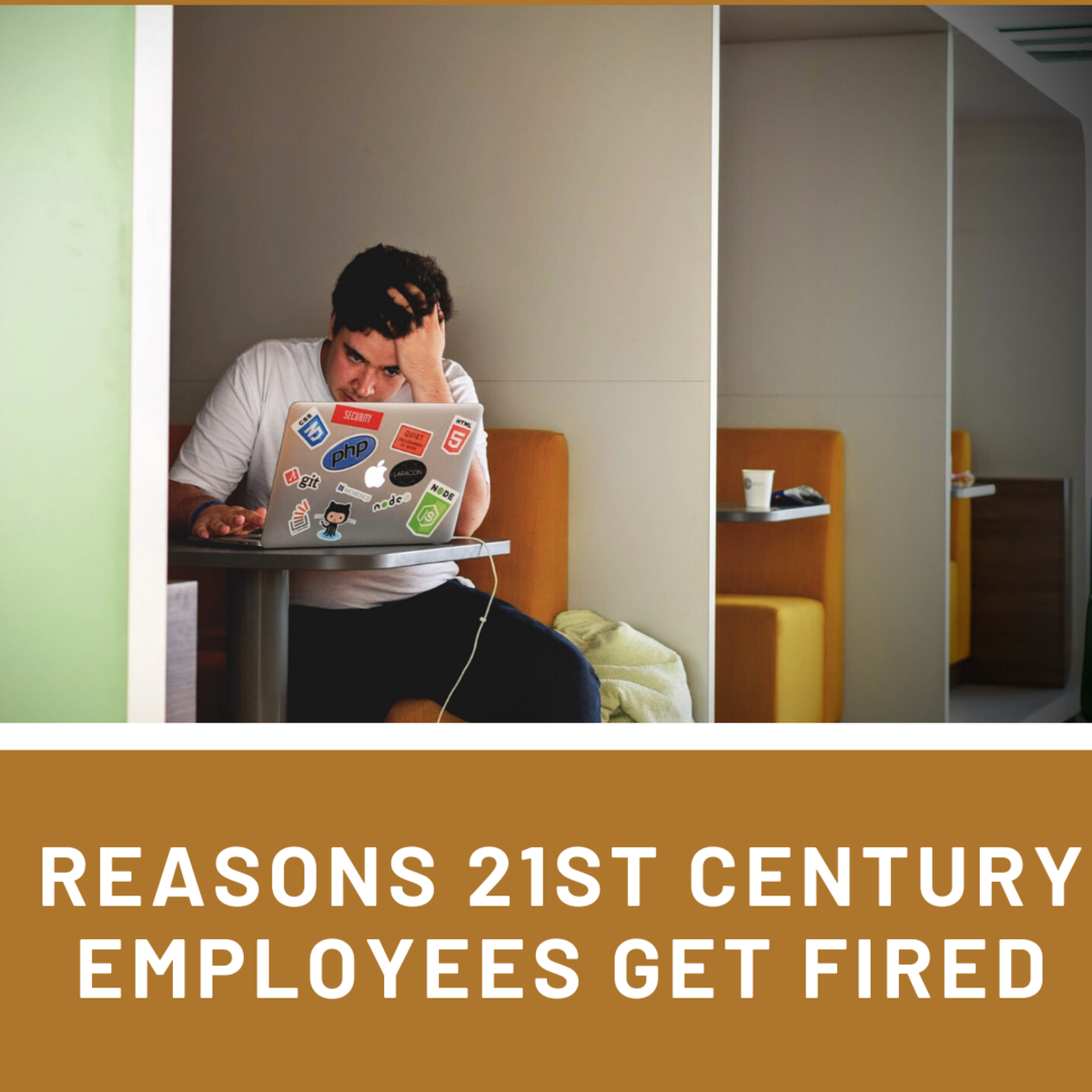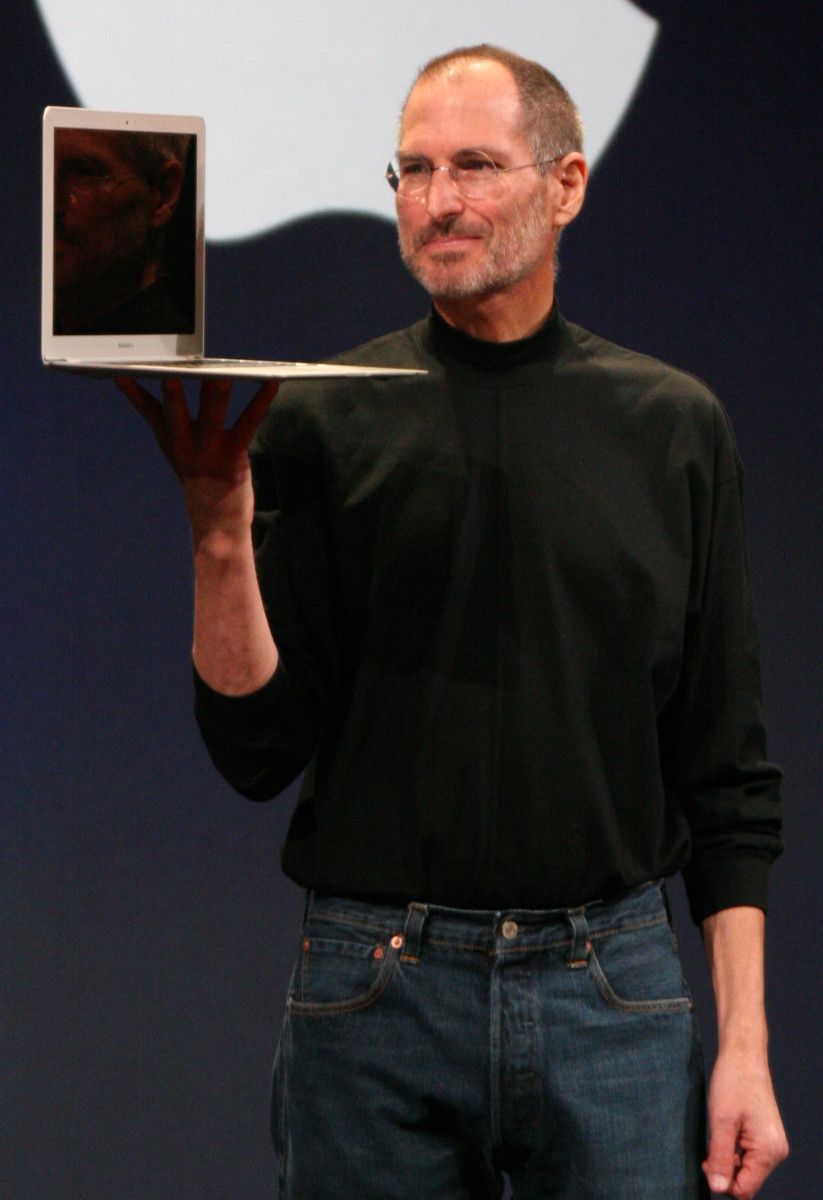Are Americans Too Busy?

9-5 Myth
There is more emphasis on "face time" than productivity at a 9-5 job in the U.S. Americans claim to work more than 40 hours a week on average, yet I've worked with people like this that also check their personal emails, take phone calls from home, flirt, take several cigarette breaks, visit social network sites, and chat with their cubicle neighbor throughout the day all on the company's time.
There are probably a lot of people upset at me for bringing up their dirty little secrets at work. Many employees like the luxury of doing personal things at work and being able to disguise or hide it from their boss. But here is what I suggest- let's go to work and do only work, then come home after 5 hours instead of 8 and have some quality time with family or get a hobby, bringing back some meaning and fun in our lives again.
I guess I've never understood why companies allow so much wasted time and Amercians are claiming to be overworked. Working less would be more productive, more profitable, enabling employees to get paid same wages but work less- sounds ideal for everyone. Would you work harder if you knew you had 5 hours to get your job done instead of 8-12?
People are more productive if measured by productivity rather than hours, however, studies show boss's and management tend to favor employees who are physically at work (face time) over people who get more work done from home. Some large corporations, such as Nike, have caught on and measure employees by productivity rather than face time and have several work-from-home or contract employees. These companies are rare though and many of their positions are technological and creative in nature- in other words, easily measured by productivity.
When I entered the workforce in Human Resources, I worked alongside the entire business department for the company and tracked how long it took employees to get a cup of coffee or water. Every employee spent a minimum of 20 minutes (excluding bathroom breaks- that's a freebie). Most of the employees took these breaks 4 times a day- that's almost an hour a day of no work, no productivity.
When I was working, I proved to my boss that I could condense my work week with the same amount of productivity, and would take the pay cut so I could be at home more with my baby. Of course he did not like the idea and instead filled my extra time with tedious, meaningless tasks, such as color coding excel spreadsheets and rearranging furniture in the office while he "worked" 12 hours a day and frequented social sites on the job and took long lunches.
The movie, "Office Space" adequately approached this topic with a couple of quotes in particular: "Well, I generally come in at least fifteen minutes late, I use the side door - that way <the boss> can't see me, after that I sorta space out for an hour. I just stare at my desk, but it looks like I'm working. I do that for probably another hour after lunch too, I'd say in a given week I probably only do about 15 minutes of real, actual work." Thre's a lot of truth in this comedy.
Amercians like to be known for being advanced, but I think we're behind in work mentality. We still equate being at work with actually working. What we value in this society is making money, spending money, and spending lots of time at work. What is actually happening is we're at work, but not really there. We're wishing we were somewhere else or spending time on something else and when we're at home we're working on work or feeling guilty.

Mommy Leisure Time
A recent study has brought to light (or has it) the leisure time of moms. Many moms are upset (to say the least) about this study conducted by John Robinson of University of Maryland. He claims moms have 30-40 hours a week of leisure time. The caveat of this study is his definition of leisure. His definition is doing anything for ourselves, but not necessarily relaxing, including exercise, getting root canal (seriously), answering emails or texts from your kids and husband about when dinner is ready. I was instantly confused because I thought leisure time meant relaxation. Well, it does according to the dictionary: Leisure- time free from work or duties, to relax, rest, ease.
Theoretically, this study should be right because moms have more conveniences now than back in the 1950's. Almost everyone owns a washing machine, larger refrigerators for storing more food and shopping less, dishwahers, and many households have two cars to get more done. For me, this study actually represents how technology has made us more busy. The same kind of "busy" that many 9-5 jobs consist of.
What is the benefit of this study? Moms don't even get paid. A more useful study would be on how to work less, get paid same, and be more productive while at work. The benefit of that would be more money made for companies and people would see their families and have leisure time. Family values and values in general have taken a nosedive in the past several decades. Studies that portray moms to have plenty of leisure time will not help this matter, but not many studies come to light on how much leisure time an employee has at work.








